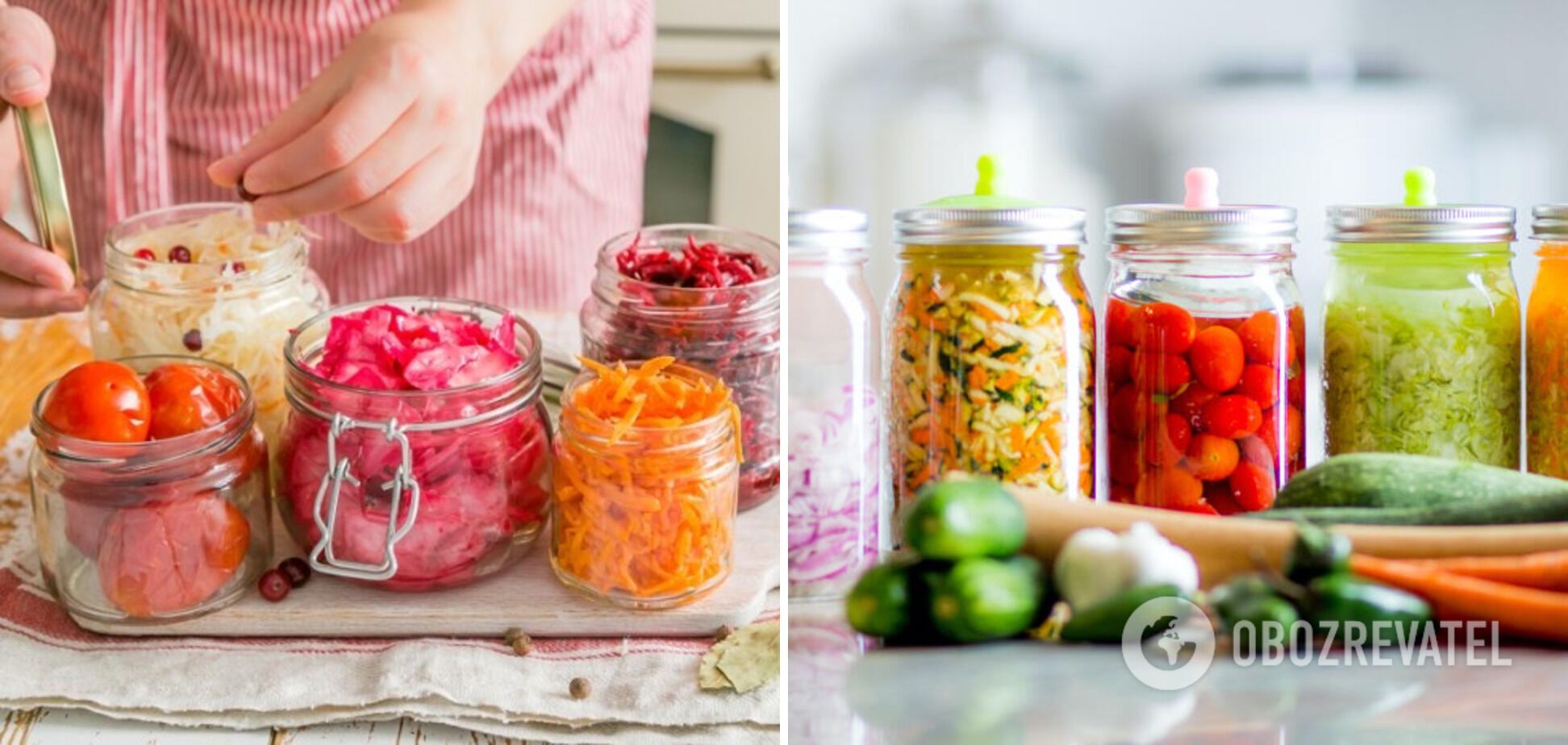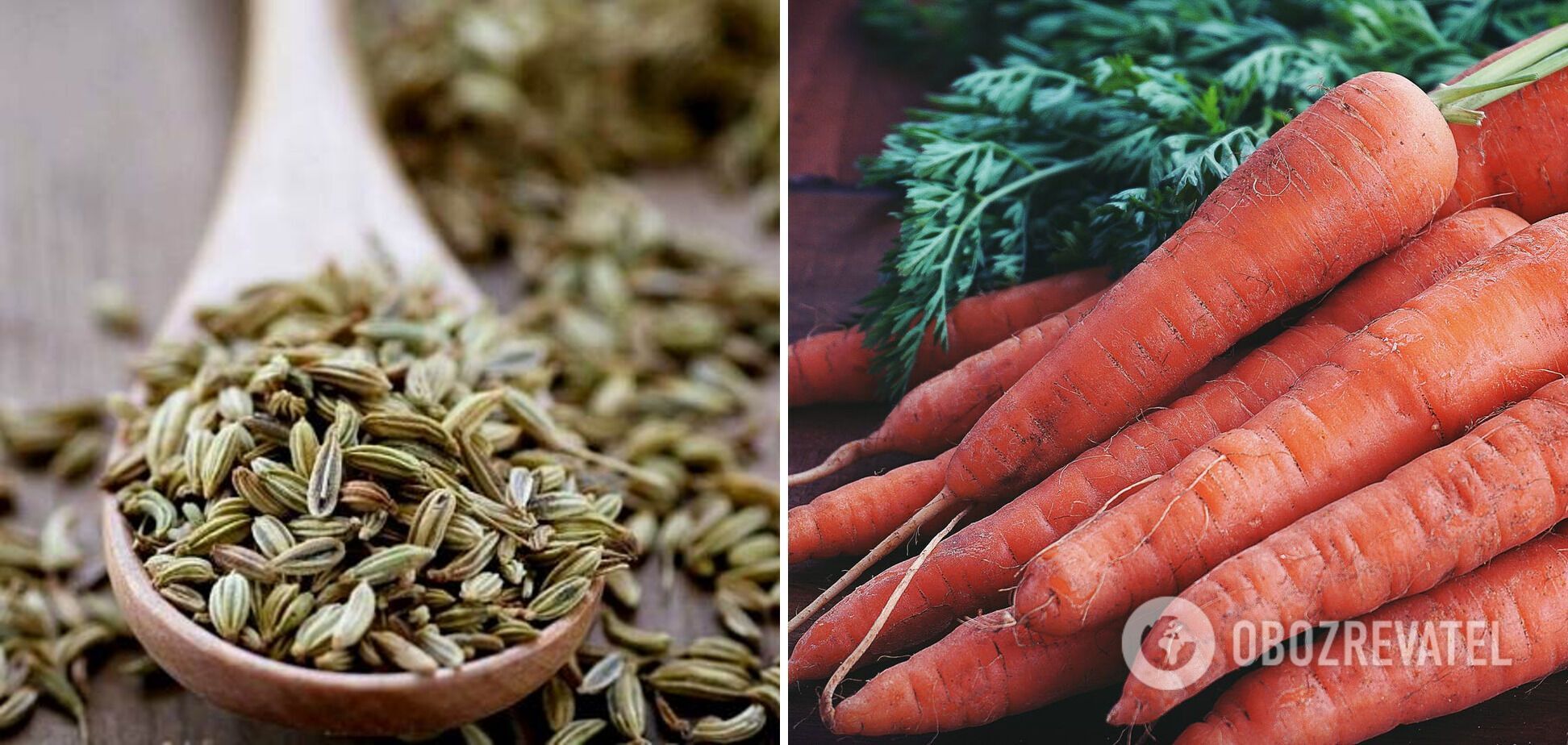LS Food
Sauerkraut can be harmful to the body: who should absolutely not eat it. Exclusive
It is in the autumn and winter that sauerkraut is the signature dish of many feasts. In this form, the vegetable is spicy and crispy, and can decorate any meal.
Many people consider this product to be very healthy, while others are convinced that sauerkraut in this form can be harmful to the body. An expert will help you to understand this issue.
In an exclusive commentary for OBOZREVATEL, media nutritionist Natalia Dubovyk described in detail the process of fermenting (fermenting) cabbage and what effect such food can have on the body. She also told us how this technology of food preparation emerged and why it has become very popular in the modern gastronomic world.
How the process of food fermentation works
Fermentation (or fermentation in common parlance) is a natural fermentation process in which microorganisms break down organic compounds in foods, making them better digested and preserved. Fermentation has been popular long before this buzzword came into use. In ancient times, housewives preserved many foods in this way, because there were no refrigerators and freezers back then, and fresh food spoiled quickly.
What foods can be fermented
Any food can be fermented
Traditionally, these are cabbage, tomatoes, and apples. Nowadays it has become fashionable to ferment Chinese cabbage, cauliflower, or even cashew nuts, which make an unusual vegan cheese. Also, a drink made from fermented kombucha is very popular. It is created by fermentation. In ancient times, this mushroom was grown, and thrown into water, and it became similar to modern kombucha. Nowadays, this drink can be found in stores.
What are the benefits of sauerkraut
Fermented foods strengthen the immune system, relieve constipation, calm our nervous system, cleanse the skin, and reduce inflammation in the body. They contain vitamins B, C, K, and Omega 3. They also contain sodium, iron, probiotics, and prebiotics. In the warmer months, we eat more fresh vegetables and fruits, and in the winter we try to prepare sauerkraut, a traditional dish of generations. This product increases appetite, which is very important during the SARS and Covid-19 season. It also contains a lot of fiber.
Therefore, it is worth adding 200 grams of sauerkraut during the day to any meal.
The main thing is not to eat it in the evening so that it has time to digest and does not cause side effects. This product is suitable for weight loss, as well as for those with diabetes.
But, the expert emphasizes:
Not every sauerkraut can be healthy.
Sauerkraut, which has sugar added to it during cooking, is not very good for the body.
Contraindications to eating sauerkraut
People who have gastrointestinal diseases should not consume fermented cabbage, especially during an exacerbation. During remission, you can stew sauerkraut in a frying pan, and then gradually add 30-35 grams of it to your diet. In case of abdominal pain, constipation, and high stomach acidity, the snack should also be avoided. Sauerkraut can also be purchased in the store, but you should pay attention to the labels: it should not contain sugar, honey, or various stabilizers. Fermentation is impossible without salt, so this ingredient must be present. You can also add carrots and various spices.
Recipe for healthy sauerkraut from Natalia Dubovyk
Ingredients:
- cabbage- 10 kg
- ordinary neodized salt - 180 g
- carrots - 2 pieces
- anise seeds - 5 tablespoons.
Method of preparation.
1. Shred the cabbage.
2. Mash well without salt to release the juice.
3. Then mash in small portions until you run out of salt.
4. Add grated carrots, and anise seeds and mash again.
5. Fold tightly into a container, cover with whole cabbage leaves, and put a weight on top. It's a good idea to place wooden spoons or spatulas all around the diameter of the cabbage. This is done to allow air to escape and make the fermentation process faster.
6. Leave the cabbage for 2 days at room temperature (you need to release air every day). On the third day, you can put it in the refrigerator to speed up fermentation.






























